Keywords: Prime Minister
There are more than 200 results, only the first 200 are displayed here.
-
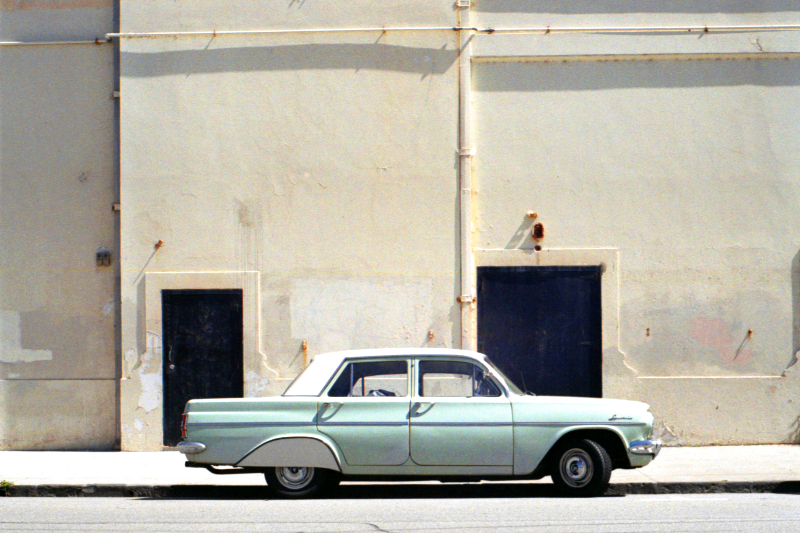
ARTS AND CULTURE
- Jamie Dawe
- 06 December 2021
1 Comment
I own my proclivities and short comings / I own the transgressions of those which have inflicted wounds some unhealed / I own the sublime moments of subjective joy / I own little but I am rich in compassion / I own not the land it owns me
READ MORE 
-
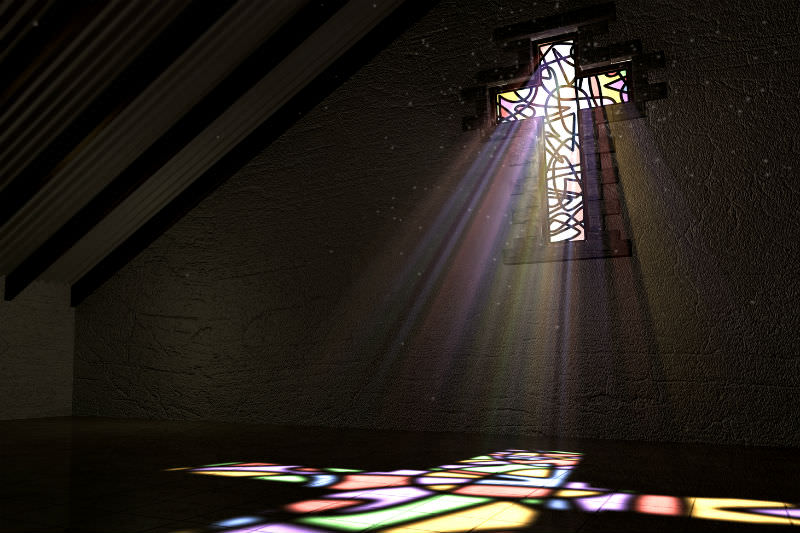
RELIGION
- John Warhurst
- 02 December 2021
72 Comments
Church and state are confronting one another right now over the federal freedom of religion bill and the Victorian anti-discrimination bill. Whenever such confrontation occurs it reveals our priorities. We define our identity by what we choose to fight for hardest.
READ MORE 
-
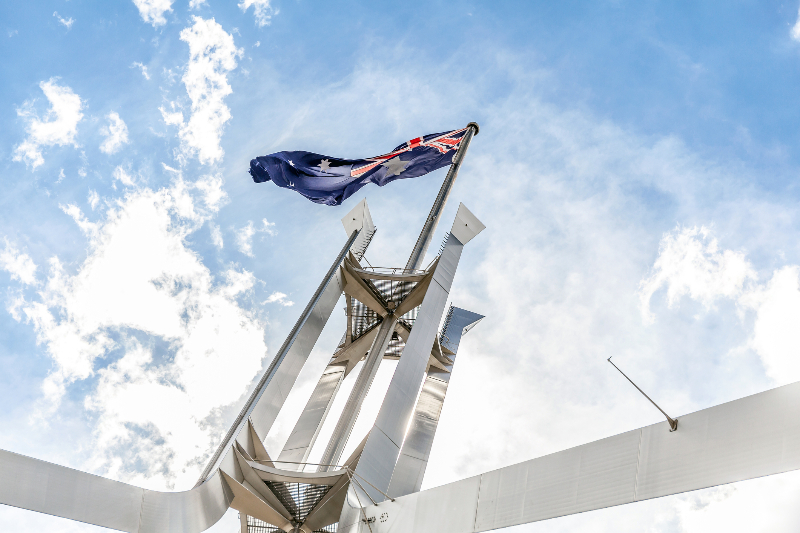
AUSTRALIA
- Frank Brennan
- 29 November 2021
17 Comments
On Thursday, three Bills were introduced to the House of Representatives: the Religious Discrimination Bill 2021, the Religious Discrimination (Consequential Amendments) Bill 2021, and the Human Rights Legislation Amendment Bill 2021. Collectively, these bills constitute the Morrison Government’s response to the Ruddock Religious Freedom Review provided to government in May 2018.
READ MORE 
-

ARTS AND CULTURE
- Gillian Bouras
- 25 November 2021
32 Comments
Attitudes towards truth have changed. Now we accept the idea that there are different sorts of truth: the phrases historical truth, narrative truth and emotional truth come trippingly off the lips of vast numbers of people. Then there are the complex notions of fantasy and fiction: we have long subscribed to the notion of novelists making up various ‘lies’ or fantasies in order to tell underlying truths about human nature. But we also have to accept, I think, that a gentleman’s word is no longer his bond.
READ MORE 
-
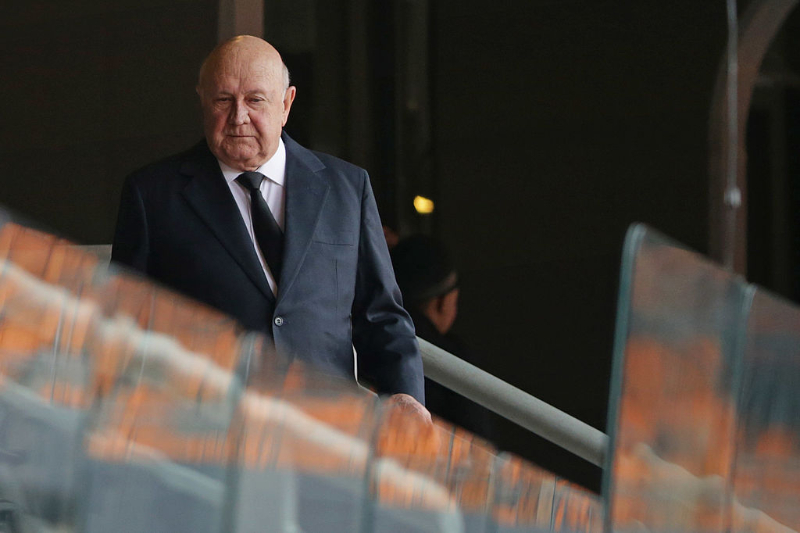
INTERNATIONAL
- Binoy Kampmark
- 23 November 2021
51 Comments
The passing of South Africa’s last apartheid president, FW de Klerk, raises pressing questions about a complex historical character who, according to his brother, Willem de Klerk, slowly outgrew apartheid. In a critical sense, he was bound, understandably, by both time and context: race, the need to defend a racial hierarchy, the historical role of a segregationist system that saw his all-white National Party retain power for decades.
READ MORE 
-
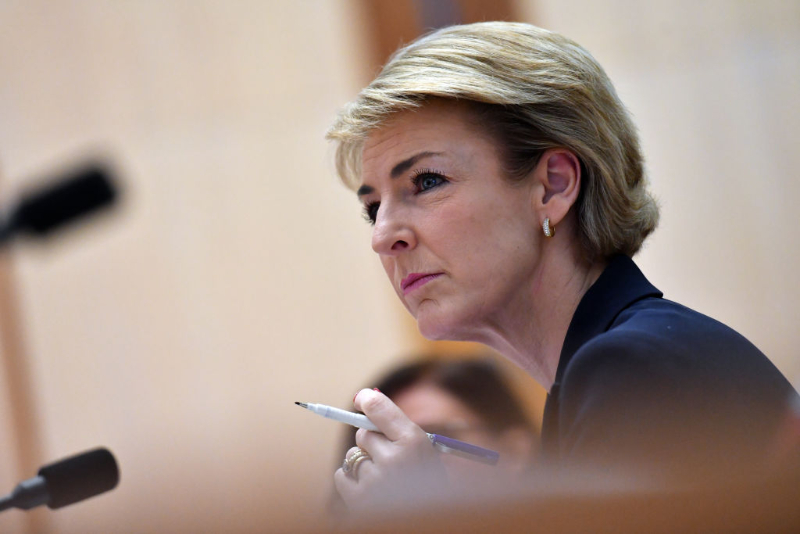
AUSTRALIA
- Frank Brennan
- 17 November 2021
63 Comments
It’s four years since the Australian Parliament amended the Marriage Act 1961 to provide that marriage means ‘the union of two people to the exclusion of all others’. The legislation followed the plebiscite on same sex marriage. To address the concerns of some religious groups, Prime Minister Malcolm Turnbull set up an expert panel chaired by long time Liberal Party minister Philip Ruddock to report on whether Australian law adequately protected the human right to freedom of religion.
READ MORE 
-
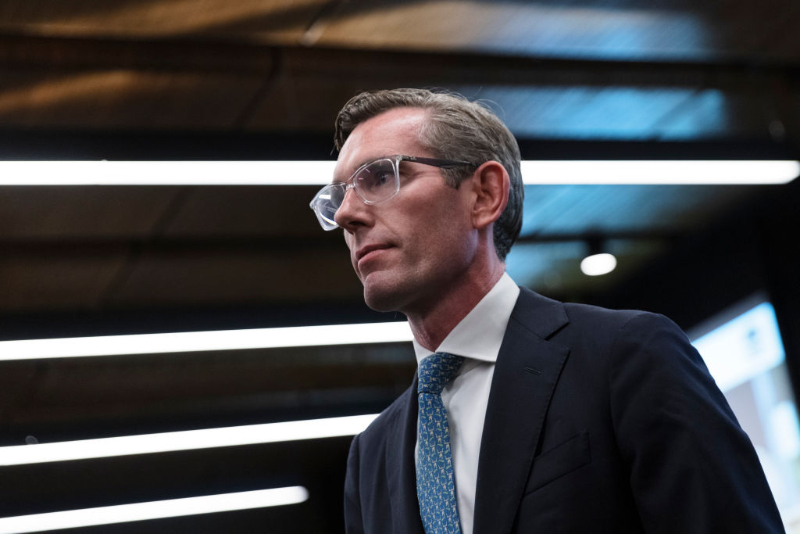
AUSTRALIA
- Julian Butler
- 01 November 2021
21 Comments
The elevation of Dominic Perrottet to the Premiership of New South Wales caused a flurry of commentary about his religious faith. In many parts of the media his politics and personality were framed by his Catholicism. I watched on with a degree of discomfort, and with a sense of possibility. Could some of the bigoted characterisations invite a richer conversation about the ideals and deeper narratives that enliven our public leaders?
READ MORE 
-
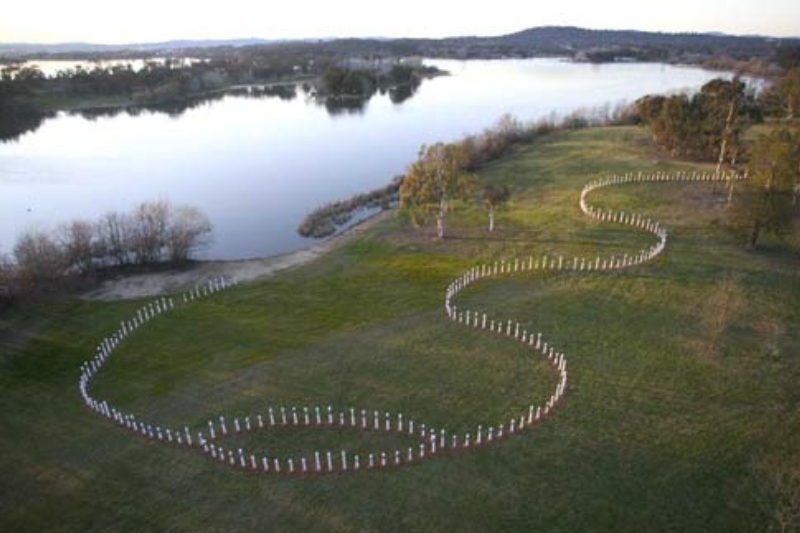
INTERNATIONAL
- Binoy Kampmark
- 01 November 2021
38 Comments
Two decades ago, an Indonesian vessel given the name SIEV X sank with loss of life that should have caused a flood of tears and a surge of compassion. Instead of being seen in humanitarian terms, the deaths of 353 people became a form of rich political capital, placed in the bank of opportunism to be amortised at a federal election.
READ MORE 
-
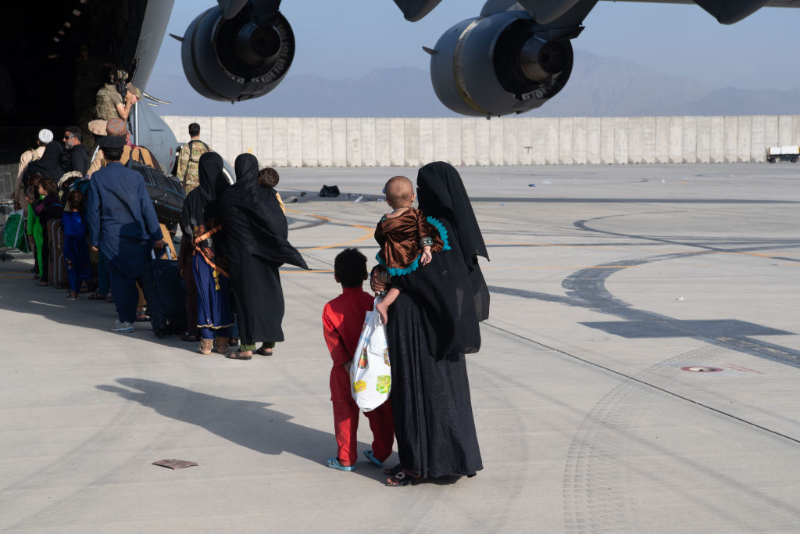
INTERNATIONAL
- Kerry Murphy
- 28 October 2021
6 Comments
Mark Twain is reported to have said ‘history does not repeat, it rhymes.’ Watching a US helicopter evacuating people from the US Embassy in Kabul, that was rhyming. Many have seen this picture before, 30 April 1975, but then it was Saigon. The massive confusion, mixed messages, terrified people, lack of human rights protection happened in 1975, and still happens in 2021.
READ MORE 
-
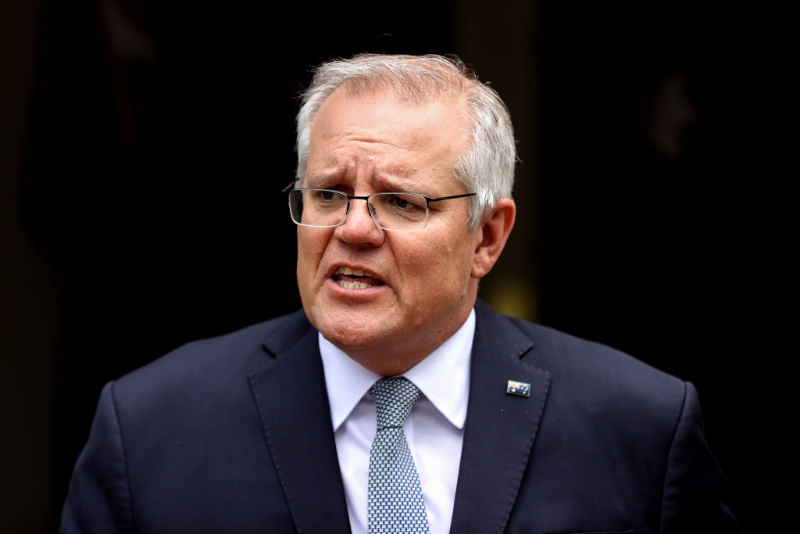
ENVIRONMENT
- Greg Foyster
- 27 October 2021
8 Comments
After an excruciating few weeks of negotiations with the Nationals — and far too many hours subjected to Barnaby Joyce’s ramblings — the Morrison government has finally announced their predictably underwhelming plan to reach net zero emissions by 2050.
READ MORE 
-

ENVIRONMENT
- Cristy Clark
- 21 October 2021
7 Comments
On 8 October, at its 48th session, the United Nations Human Rights Council formally adopted a resolution recognising the human right to a clean, healthy and sustainable environment. It emphasises that ‘environmental degradation, climate change and unsustainable development constitute some of the most pressing and serious threats to the ability of present and future generations to enjoy human rights, including the right to life’.
READ MORE 
-
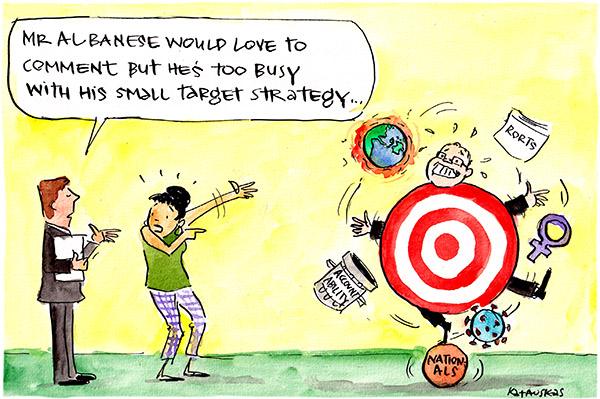
CARTOON
- Fiona Katauskas
- 19 October 2021
2 Comments
READ MORE 